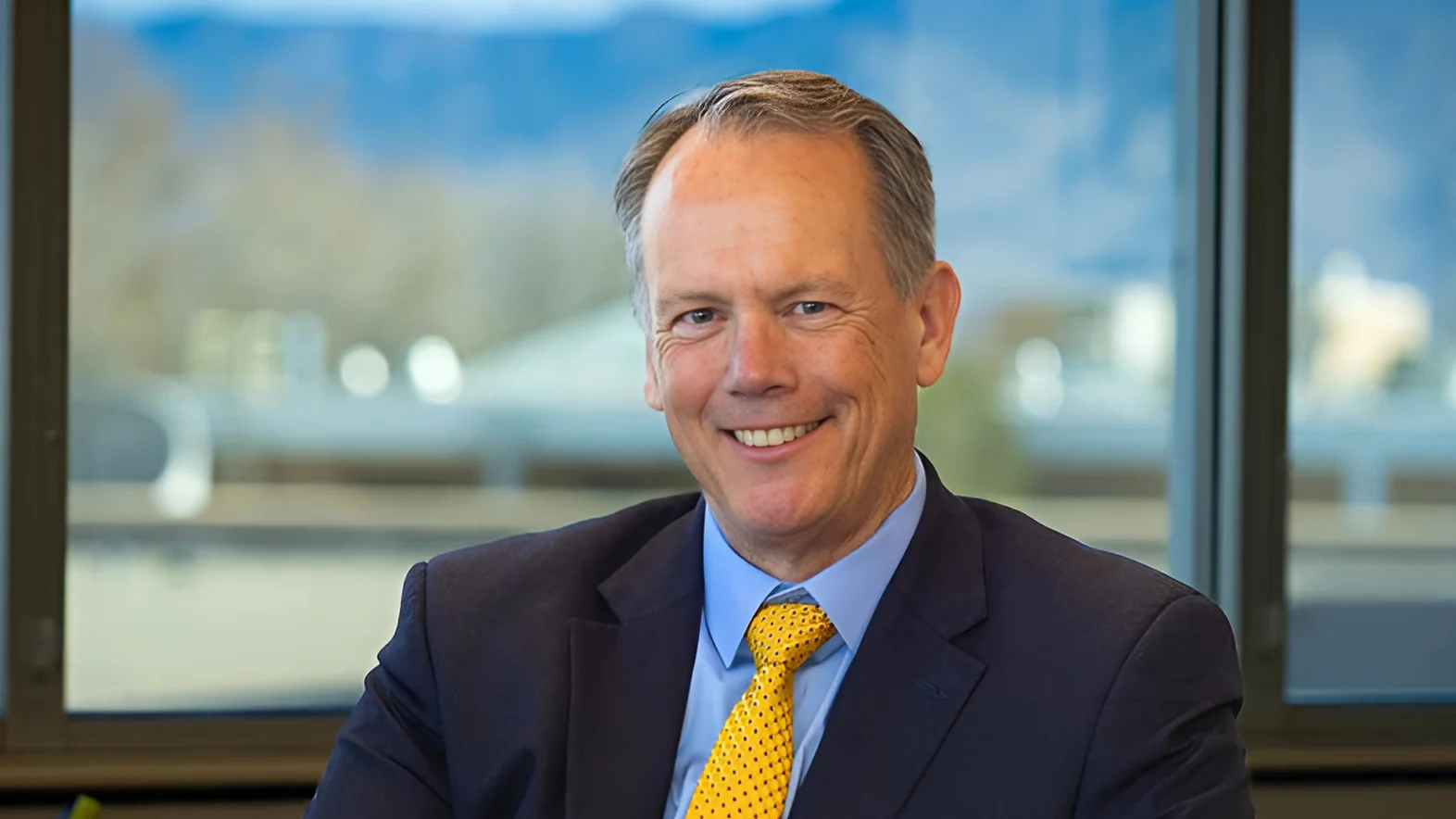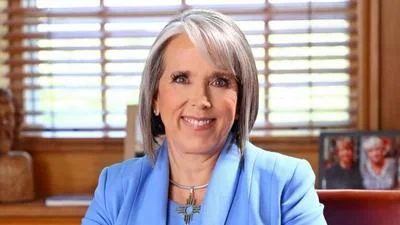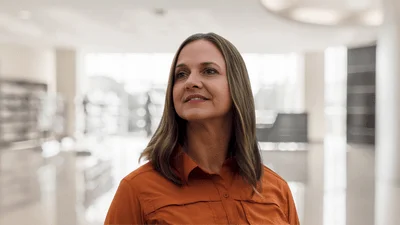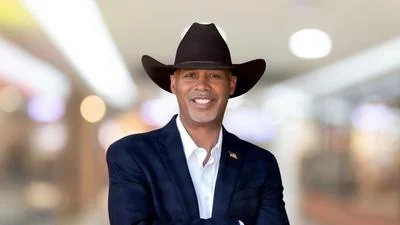As colder weather approaches, medical professionals in New Mexico are highlighting the increased risk of falls among older adults during the fall and winter months. Icy conditions and low temperatures can make movement more difficult, especially for nearly 600,000 older residents in the state.
Dr. Alex Deradke, a geriatrician at The University of New Mexico Senior Health Center in Albuquerque, specializes in age-related medical issues including falls. He explained that falls can lead to serious injuries such as fractures and traumatic brain injuries, and sometimes result in death. "A third of people who fall and break a hip over the age of 65 don't live another year after that," he said.
Data from the New Mexico Department of Health indicates that falls are the leading cause of injury-related deaths for residents aged 65 and older. Between 2019 and 2023, there were more than 1,400 unintentional fall-related deaths among this group.
Dr. Deradke emphasized the importance of addressing fall risks to maintain independence: "If your goal is to live independently and interact with us as little as possible, then making sure your fall risk is addressed is the best way to do that."
He added that prevention efforts save lives. "Preventing falls definitely saves lives," Deradke said.
Deradke encourages patients to discuss their concerns about falling with their healthcare providers, noting that these conversations are often patient-initiated. "A lot of providers don't bring up falls unless a patient brings it up," he said. "So, if you were to come in and bring up your falls and tell your provider, ‘I'm worried about falling,’ or, ‘I have had falls, and what can we do about it,’ then you are taking initiative in your care."
Building strength through regular exercises can also help reduce fall risk. Deradke instructs patients on muscle-building routines designed to improve balance during his weekly senior fall clinic. He offered practical advice: "Even if you're standing, washing dishes at the sink, you can pull one leg up while you hold on to the edge, and you're working on your balance." He also suggests strengthening core muscles while on the floor as another method to minimize risk.
In addition to exercise guidance, Deradke reviews medications for side effects related to balance issues and teaches patients how to safely fall and get back up if necessary. "Whatever side that you think is stronger, I want you to roll to that side," he advised.
Other recommendations include wearing an emergency alert button so individuals can call for help after a fall if needed; scheduling regular hearing and vision checks; and considering pet ownership carefully due to potential tripping hazards posed by dogs.
Following any fall incident, Deradke advises seeing a doctor promptly and continuing with physical therapy when recommended.
Addressing fall risks helps seniors stay safe while preserving their independence. As Dr. Deradke noted: “If your goal is to live independently and interact with us as little as possible, then making sure your fall risk is addressed is the best way to do that.”
For more information about health resources available for seniors in New Mexico visit this link.








